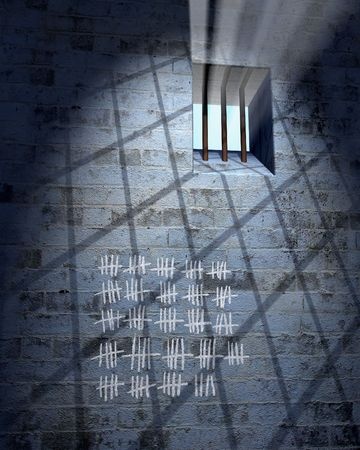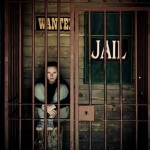New York Prison records: Sing Sing. National sites including Wallawalla, Alcatraz, Leavenworth. Genealogy doesn’t usually have the family history researcher going to these places in an ancestor search. But when a genealogy researcher finds there is a criminal in the family tree, these prison locations might just be where that ancestor was planted for a long, long time.
Genealogy researchers often hear about a crime through family whispers, secrets and odd half-truths. For the genealogy researcher, these stories provide a high-level genealogy researcher workout.
The genealogist will find that many of family tree members will provide different parts of the story. Repositories containing diaries may turn up a family member’s private thoughts in journals. American Diaries: An Annotated Bibliography of Published American Diaries and Journals may help find writings from the mind of your criminal.
Then, after the family interviews, you may want to hire a genealogist. If you are the genealogy researcher, begin locating the documents that verify the crime in your ancestor search.
The genealogy researcher should look at federal, state, county, town and township hall court records. Criminal court cases should be the first pass. Crimes against the state or committed against individuals or the state include murder, theft, arson or treason. Felonies are serious cases and misdemeanors are minor crimes. When searching for the genealogy of a criminal ancestor, don’t forget to look also in civil case records because crime victims regularly file civil lawsuits for compensation.
Bond books and docket books and court calendars are parts of the court proceedings and are good places for the genealogy researcher to find plaintiff and defendant names. They will also include case file numbers, descriptions of the actions, lists of documents brought to the court and dates of hearings. Civil and criminal cases may be found in separate docket books.
Court records also include the pleadings, orders, minutes, documents filed and rulings. And the genealogist might get lucky: with a mug shot. These bulky records end up deep in storage, sometimes far away from the court location.
With legal and court document searches, a smart genealogical researcher is wise to be friendly with those who serve in the court administration offices. No con artists welcome here. Straightforward courtesy and friendliness are what can keep the genealogist out of genealogy research prison!
There is hidden gold for genealogists in prison and inmate records. Many of these records, dating back to the early 1800s are available on line now. Most recently, genealogy buffs will know that three New York Prisons will soon have their records on line. These records include the
- Newgate in Greenwich Village from 1797-1810
- The first New York State penitentiary Clinton 1851-1866, 1926-1939
- Sing Sing 1865-1939
Additional online prison records for the genealogist and family history researchers include those for
- Anamosa State Penitentiary, Iowa established in 1872
- Alcatraz Inmate Lists
- Arizona Department of Corrections – Historical Prison Register, 1873-1972 plus additional life/death sentences from, 1873-1896
- Executions at Fort Smith, Arkansas, 1873-1896
- Atlanta Federal Penitentiary, Inmate Case Files, 1902-1921 including information from 1880 on.
- Colorado State Penitentiary Prisoner Index, 1871-1973
- Colorado State Reformatory Prison Records, 1887-1939
- Connecticut – Wethersfield State Prison 1800-1903
- Idaho Penitentiary Inmates, 1864-1947
- Inmates Associated with the Mining Industry, 1865-1910.
- Chicago Police Department Homicide Record Index, 1870-1930
- Indiana Index to Life Prisoner’s Statements: State Prison at Michigan City
- Leavenworth Federal Penitentiary, Inmate Case Files, 1895 – 1931
- Maryland Judiciary Case Search
- Nevada State Prison Inmate Case Files, 1863-1972
- Inmates of the Tennessee State Penitentiary, 1831-1870
- Utah State Archives Historical Name Indexes
- Walla Walla Penitentiary, Washington State, 1887-1922
What the genealogist finds in records such as these is sometimes a mixed blessing. You get the information you were searching for, but then you also verify that there was, indeed, a true crime story.
Professional genealogists will help you search through the stories and mysteries of the criminal mind in your family history. RecordClick genealogy experts will help you get the full story.








